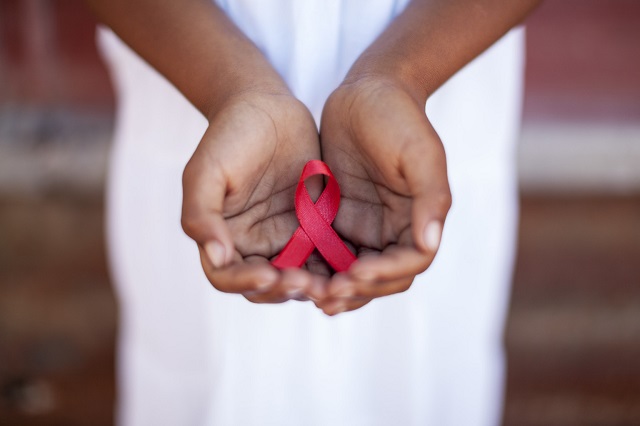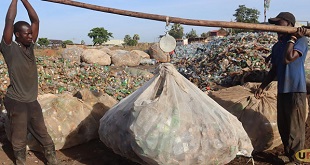
HIV positive should be given special consideration in COVID-19 vaccination
Kampala, Uganda | THE INDEPENDENT | Experts in the medical field have called for the inclusion of People Living with HIV (PLHIV) on the list of people to be considered first for COVID-19 vaccination as countries prioritize those that are at increased risk of infection and death from the viral respiratory disease.
Dr Silvia Bertagnolio, a medical officer at the World Health Organisation (WHO) quoted their latest data shared ahead of the International AIDS Society’s (IAS) HIV Science conference which starts on Saturday, showing that people living with HIV are at a 30 percent higher risk of severe COVID-19 illness and death, irrespective of their age.
Bertagnolio says that the WHO research carried out in April, looked at individual-level patient data of 15,500 HIV positive people from 24 countries who had been hospitalized for COVID-19.
After adjusting for age, sex and co-morbidities, the team that reviewed this data found HIV infection to be highly associated with an increased risk of severe COVID-19 and death in a hospital with 23 percent of those studied succumbing.
However, as these study findings were being released, UNAIDS pointed out in their Global AIDS Update 2021, that was launched on Thursday that the HIV positive should be given special consideration in COVID-19 vaccination. According to UNAIDS, HIV key populations such as truck drivers, sex workers and their sexual partners account for 65 percent of new HIV infections but are largely left out of both HIV and COVID-19 responses.
The AIDS organisation notes that in sub-Saharan Africa, which is home to 67 percent of people living with HIV, less than 3 percent had received at least one dose of a COVID-19 vaccine by July 2021. At the same time, HIV prevention and treatment services are eluding key populations, as well as children and adolescents.
“Rich countries in Europe are preparing to enjoy the summer as their populations have easy access to COVID-19 vaccines, while the global South is in crisis,” said Winnie Byanyima, the Executive Director of UNAIDS. “We have failed to learn the lessons of HIV, when millions were denied life-saving medicines and died because of inequalities in access. This is totally unacceptable.”
The new UNAIDS report shows how the COVID-19 lockdowns and other restrictions have badly disrupted HIV testing in many countries this has led to steep drops in HIV diagnoses, referrals to care services and HIV treatment initiations.
The report, confronting inequalities, shows that in 2020, the 1.5 million new HIV infections were predominantly among key populations and their sexual partners accounting for 65 percent of HIV infections globally in 2020. Key populations accounted for 93 percent of new HIV infections outside of sub-Saharan Africa, and 35 percent within sub-Saharan Africa.
The report also shows that many of the 19 countries that achieved the 90–90–90 targets by 2020 have been leaders in differentiated service delivery, where facility-based services are complemented by community-led services. Most have also included key populations as central to their responses.
HIV testing and treatment has been scaled up massively over the past 20 years. Some 27.4 million of the 37.7 million people living with HIV were on treatment in 2020. However, gaps in service provision are much larger for children than for adults.
In 2020, around 800,000 children aged 0–14 years who were living with HIV were not on HIV treatment. Treatment coverage was 74 percent for adults but just 54 percent for children in 2020. Many children were not tested for HIV at birth and remain unaware of their HIV status, making finding them and bringing them into care a major challenge.
“We are 40 years into the fight against HIV. Both the successes and failures have taught us that we cannot prepare for or defeat a pandemic unless we tear down inequalities, promote people-centred, rights-based approaches and work together with communities to reach everyone in need,” Byanyima said.
In her remarks however, IAS President Adeeba Kamarulzaman asked the global community to consider immediate vaccine supply to countries with high HIV disease prevalence. “It is unacceptable that as of today, less than 3 per cent of the entire African continent has received a single dose of the vaccine and less than 1.5 per cent have received both doses.”
*****
URN
 The Independent Uganda: You get the Truth we Pay the Price
The Independent Uganda: You get the Truth we Pay the Price



